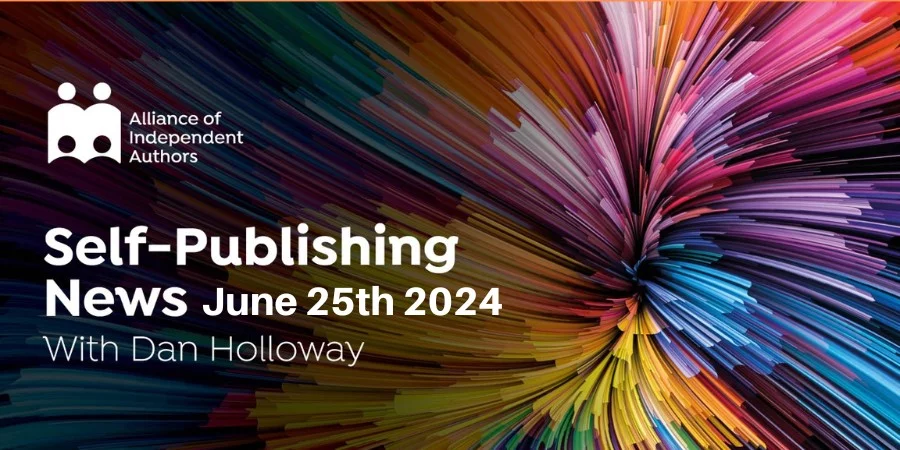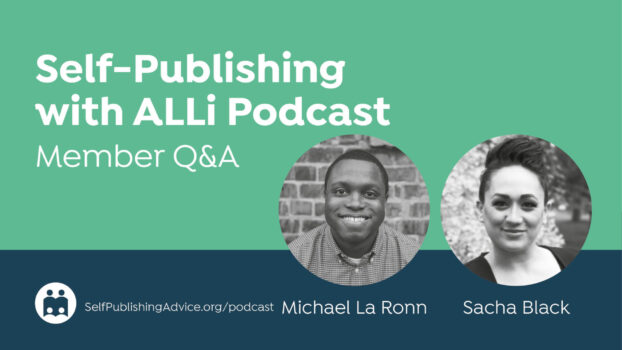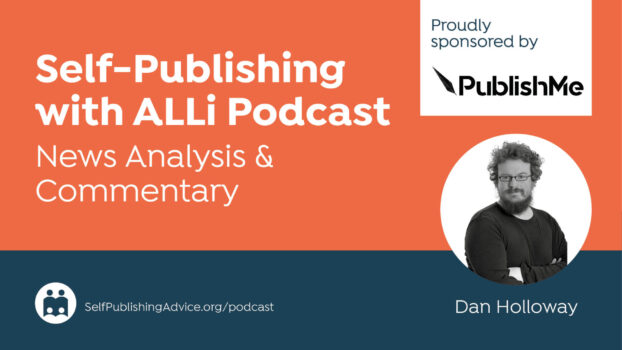
ALLi News Editor, Dan Holloway
Over the past couple of years, I have reported a lot about Spotify’s entry into the audiobook market. This went from anticipation to rumor to normalization with the new subscription offering of fifteen hours of audiobook content per month, which listeners can split across any titles they want in the platform’s catalog.
It has felt like a relentless march into our territory, and one that continues to change the landscape and the opportunities for earning from audio. But last week, the company took a step back. And it’s not one I’ve seen widely covered, at least in literary circles. Spotify’s Premium subscription, complete with the fifteen hours of audiobooks, costs $11.99 in the United States. This is an increase of a dollar from the cost prior to the introduction of the audiobook offer.
Now those who aren’t really interested in that extension into audiobooks can, in effect, get their dollar back. Spotify has announced a “basic” subscription for $10.99 that offers everything except audiobooks. It’s an interesting move and is clearly driven by data on the uptake of audiobook listening among the subscriber base. It suggests that many still see Spotify as a music provider and resent having to pay extra to cater for an “extra” offering they aren’t interested in taking up.
And that raises real questions about Spotify’s ambition to be a one-stop audio shop and about the wider issues of bundling together products only some of which will appeal to individual subscribers. Bundling things at a higher price leads to resentment among consumers. The bundling alternative is, of course, a possible final destination. And one that will lead to considerable resentment among creators, whose per-listen rates will decline further. The other alternative is to accept that people are individuals and that some degree of a la carte offering is essential to capturing that individualism, even if it’s only a choice of which subscriptions to use.
Finally, talking of packaging different offerings together, I came across an interesting story about the distribution of print books. Supermarket giant Lidl is, it seems, adding front-list titles to its shelves. From the display stand in the story I saw, this could also be filed as another story that raises the issue of widening distribution at the expense of royalty rates.




